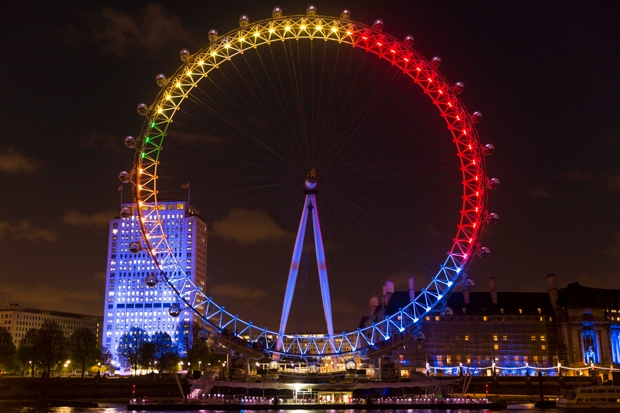For the past few days the BBC website has had an interactive game where you have to build your own coalition, using a series of possible results from tomorrow’s election. It ought to be marketed as an educational test, far more challenging even than Michael Gove’s rigorous school tests. But finally, I think I have done it. I have worked out the only possible way to build a viable government using the composition of the House of Commons which the polls appear to be predicting.
Take Nate Silver’s analysis of the polls this morning, which predicts the following: Tories 281 seats, Labour 266, SNP 52, LibDem 26, DUP 8, Sinn Fein 5, Plaid Cymru 4, SDLP 3, Ukip, Greens and UUP one apiece. There are plenty of ways to build a majority there, of course, but none which are consistent with what party leaders have said, given that Ed Miliband has ruled out a coalition or any other kind of formal arrangement with the SNP, and that the SNP, Plaid Cymru, the Greens and the SDLP have vowed to do whatever it takes to keep the Tories out of power. There is also the problem that Nick Clegg has ruled out entering into any arrangement with the DUP or Ukip. The best that Miliband could do would be 301.
Cameron can get a little closer to a majority, but not much. Given Nick Clegg’s animosity towards the DUP and Ukip, if Cameron needs the LibDems in his coalition he has no other potential partners. That would leave a Conservative-Lib Dem coalition with a maximum of 307 seats—only one more seat than the Conservatives won last time, which left Cameron feeling unable to form a minority government.
But what if the SNP were, in an informal and behind-the-scenes sort of way, to agree with Labour that they would abstain on English-only issues in return for more or less whatever they wanted in Scotland—including another referendum? A Commons majority then comes down from 326 to 300 – or 294 once you exclude Sinn Fein and the speaker. Nicola Sturgeon could put up a seemingly honourable front in saying that, in the name of national stability, her party had decided that it would not intervene in English affairs. Ed Miliband could announce that the verdict of Scottish voters could not be ignored: the independence question would have to be looked at again.
Of course the polls may be wrong, but crunch the arithmetic and it is the only outcome which seems possible: a Labour-Lib Dem-Plaid Cymru-Green coalition and an underhand deal with Nicola Sturgeon for the SNP to abstain on issues which do not affect Scotland. It is not an enticing prospect, but it might be worth a few pounds at William Hill.







Comments